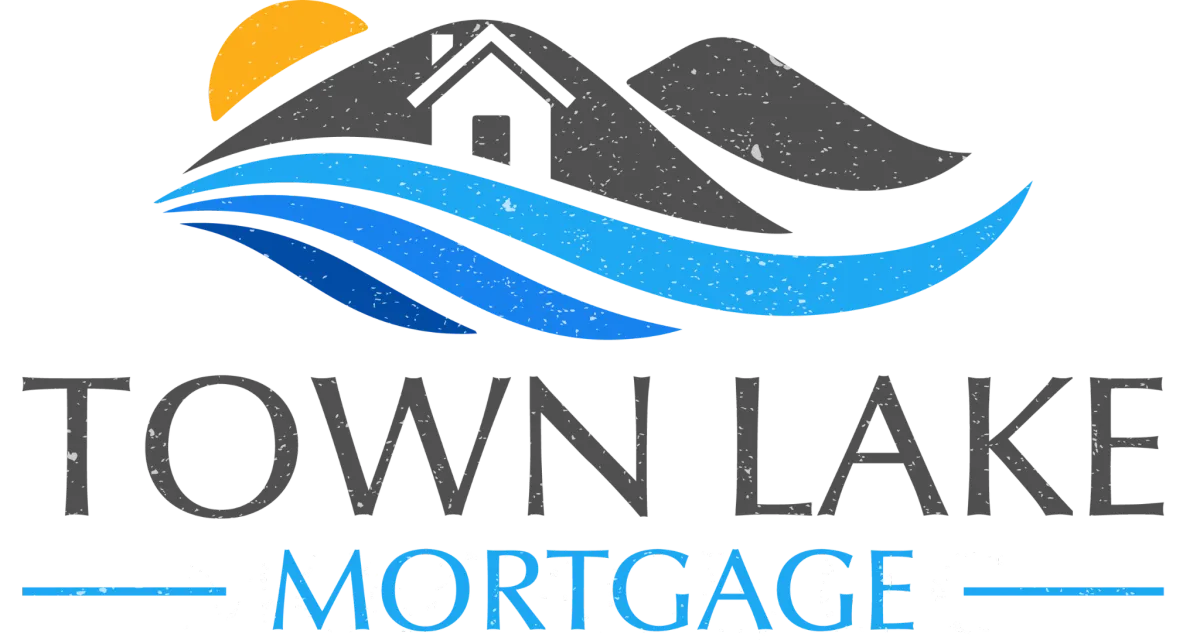Mortgage Basics
Mortgage Insurance (MI)
Mortgage insurance is a type of insurance that protects the lender if the borrower defaults on the loan. It is typically required for borrowers who make a down payment of less than 20% on their home purchase. Mortgage insurance can be paid as a separate premium or incorporated into the monthly mortgage payment.
How Does Mortgage Insurance Work?
Mortgage insurance works by transferring the risk of borrower default from the lender to an insurance company. If the borrower fails to make their mortgage payments and defaults on the loan, the insurance company pays the lender a portion of the outstanding balance. This helps protect the lender against financial loss and enables them to offer mortgages to borrowers with lower down payments. Borrowers typically pay for mortgage insurance either as a separate premium or as part of their monthly mortgage payment, depending on the type of mortgage insurance.
Does Mortgage Insurance Help Me Qualify for a Larger Loan?
Yes, mortgage insurance can help you qualify for a larger loan because it reduces the lender's risk when you make a smaller down payment. Lenders are more willing to approve loans for borrowers with lower down payments if they have mortgage insurance, as it provides a layer of protection for the lender in case of default. This means that you may be able to purchase a home with a smaller down payment than you would otherwise be able to afford without mortgage insurance.
How Much Does Mortgage Insurance Cost?
The cost of mortgage insurance can vary depending on several factors, including the type of mortgage insurance, the loan amount, the down payment amount, and the borrower's credit score. Typically, mortgage insurance costs between 0.5% to 1% of the loan amount annually. For example, if you have a $200,000 loan, you might pay between $1,000 to $2,000 per year for mortgage insurance. This cost is often divided into monthly payments and included as part of your monthly mortgage payment.
How is Mortgage Insurance Paid?
Mortgage insurance can be paid in several ways, depending on the type of mortgage insurance and the lender's requirements.
Upfront Premium: Some types of mortgage insurance, such as FHA loans, require an upfront premium payment at the time of closing. This can be paid in cash or financed into the loan amount.
Monthly Premium: For most types of mortgage insurance, including private mortgage insurance (PMI) on conventional loans, the premium is paid monthly. It is typically included as part of your monthly mortgage payment.
Single Premium: Some borrowers have the option to pay a single, lump-sum premium at closing instead of monthly premiums. This is less common but can be an option for those who prefer to pay upfront.
The specific details of how mortgage insurance is paid can vary, so it's important to consult with your lender or mortgage insurance provider to understand the payment options and requirements for your loan.
How Does I Apply for Mortgage Insurance?
Typically, the buyer pays for PMI, but the lender acts as the PMI company's client, procuring insurance for the borrower. Lenders usually work with a select few PMI companies, as they are familiar with their guidelines. However, this can become problematic if one of the lender's preferred companies rejects a loan due to the borrower not meeting its risk criteria. In such cases, the lender may deny the loan application without exploring options with another PMI provider, potentially placing all parties in a challenging position. The lender must navigate the balance of treating the borrower fairly while seeking the most effective way to mitigate risk.
Cancellation of Mortgage Insurance
Mortgage insurance can be canceled under certain circumstances. For conventional loans, mortgage insurance automatically cancels once the loan-to-value (LTV) ratio reaches 78%, based on the original property value. This means you have paid off 22% of the loan, either through payments or appreciation of the property.
For FHA loans, mortgage insurance is required for the life of the loan.
It's important to note that these are general guidelines, and the specific rules for canceling mortgage insurance can vary depending on the type of loan, the lender, and other factors. It's best to check with your lender or mortgage servicer for the most accurate information regarding canceling mortgage insurance for your loan.

Mortgage Basics
Mortgage Insurance (MI)

Mortgage insurance is a type of insurance that protects the lender if the borrower defaults on the loan. It is typically required for borrowers who make a down payment of less than 20% on their home purchase. Mortgage insurance can be paid as a separate premium or incorporated into the monthly mortgage payment.
How Does Mortgage Insurance Work?
Mortgage insurance works by transferring the risk of borrower default from the lender to an insurance company. If the borrower fails to make their mortgage payments and defaults on the loan, the insurance company pays the lender a portion of the outstanding balance. This helps protect the lender against financial loss and enables them to offer mortgages to borrowers with lower down payments. Borrowers typically pay for mortgage insurance either as a separate premium or as part of their monthly mortgage payment, depending on the type of mortgage insurance.
Does Mortgage Insurance Help Me Qualify for a Larger Loan?
Yes, mortgage insurance can help you qualify for a larger loan because it reduces the lender's risk when you make a smaller down payment. Lenders are more willing to approve loans for borrowers with lower down payments if they have mortgage insurance, as it provides a layer of protection for the lender in case of default. This means that you may be able to purchase a home with a smaller down payment than you would otherwise be able to afford without mortgage insurance.
How Much Does Mortgage Insurance Cost?
The cost of mortgage insurance can vary depending on several factors, including the type of mortgage insurance, the loan amount, the down payment amount, and the borrower's credit score. Typically, mortgage insurance costs between 0.5% to 1% of the loan amount annually. For example, if you have a $200,000 loan, you might pay between $1,000 to $2,000 per year for mortgage insurance. This cost is often divided into monthly payments and included as part of your monthly mortgage payment.
How is Mortgage Insurance Paid?
Mortgage insurance can be paid in several ways, depending on the type of mortgage insurance and the lender's requirements.
Upfront Premium: Some types of mortgage insurance, such as FHA loans, require an upfront premium payment at the time of closing. This can be paid in cash or financed into the loan amount.
Monthly Premium: For most types of mortgage insurance, including private mortgage insurance (PMI) on conventional loans, the premium is paid monthly. It is typically included as part of your monthly mortgage payment.
Single Premium: Some borrowers have the option to pay a single, lump-sum premium at closing instead of monthly premiums. This is less common but can be an option for those who prefer to pay upfront.
The specific details of how mortgage insurance is paid can vary, so it's important to consult with your lender or mortgage insurance provider to understand the payment options and requirements for your loan.
How Does I Apply for Mortgage Insurance?
Typically, the buyer pays for PMI, but the lender acts as the PMI company's client, procuring insurance for the borrower. Lenders usually work with a select few PMI companies, as they are familiar with their guidelines. However, this can become problematic if one of the lender's preferred companies rejects a loan due to the borrower not meeting its risk criteria. In such cases, the lender may deny the loan application without exploring options with another PMI provider, potentially placing all parties in a challenging position. The lender must navigate the balance of treating the borrower fairly while seeking the most effective way to mitigate risk.
Cancellation of Mortgage Insurance
Mortgage insurance can be canceled under certain circumstances. For conventional loans, mortgage insurance automatically cancels once the loan-to-value (LTV) ratio reaches 78%, based on the original property value. This means you have paid off 22% of the loan, either through payments or appreciation of the property.
For FHA loans, mortgage insurance is required for the life of the loan.
It's important to note that these are general guidelines, and the specific rules for canceling mortgage insurance can vary depending on the type of loan, the lender, and other factors. It's best to check with your lender or mortgage servicer for the most accurate information regarding canceling mortgage insurance for your loan.
About Us
Town Lake Mortgage is your online resource for personalized mortgage solutions, fast customized quotes, great rates, & service with integrity.
NMLS: 2454803
Contact Us
About Us
is your online resource for personalized mortgage solutions, fast customized quotes, great rates, & service with integrity.
NMLS: 2454803
Contact Us

